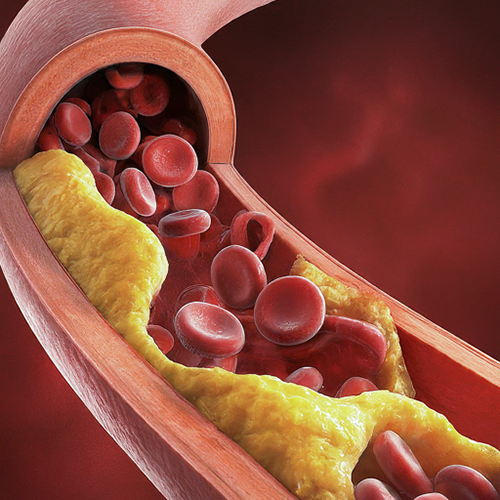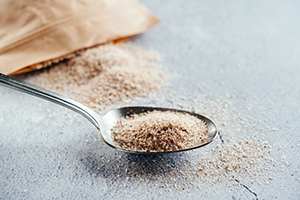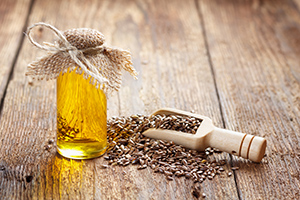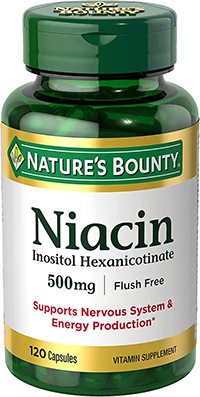Contents
High cholesterol seems to be a common health issue in many parts of the world today. Unfortunately, this condition shows no visible symptoms, so you can’t tell if you have high cholesterol levels. It would help to get a cholesterol test to be told your levels.

High cholesterol levels can harm our cardiovascular system, as they can clog our arteries, increasing our risk for heart attack and stroke. However, we need cholesterol to be healthy. Cholesterol is an oily substance that our body utilizes in several ways, such as building cells and producing hormones. It’s just that unnaturally elevated levels of LDL cholesterol and triglycerides can cause problems. We need plenty of good HDL cholesterol to keep the bad cholesterol in check.
Risk factors such as diet, lifestyle, gender, and age can increase cholesterol levels. For example, a poor diet consisting of highly processed fatty foods and a sedentary lifestyle could make us more susceptible to developing high cholesterol levels and heart disease.
Therefore, improving your diet and lifestyle is a beautiful place to start. You can also take cholesterol-lowering supplements to help reduce elevated levels. Here are a few supplements that you may like to consider.
Top Supplements that Lower Cholesterol
Niacin
Niacin, or vitamin B3, helps the body function optimally. The whole body needs this essential nutrient. One of its tasks is to help sustain healthy cells. It can be taken to lower high blood pressure and high cholesterol. It helps to decrease the bad LDL cholesterol while helping to increase the good HDL levels. Niacin is also effective in reducing triglycerides, which is another fat found in the blood. Niacin can be found in many foods, including meat, chicken liver, tuna, turkey, green vegetables, eggs, and peanuts.
Soluble Fiber

Soluble fiber is another effective supplement that helps lower cholesterol levels. It removes bad cholesterol from the body before it is absorbed into the digestive tract—think of it as flushing out your system! Taking five to ten grams of fiber daily can significantly decrease LDL levels. Psyllium is one soluble fiber that is excellent for people with high cholesterol levels. It can be used as pills or powder mixed into drinks and food.
While fiber is found in whole wheat, fruits, and vegetables, many still do not get acceptable fiber. Therefore, supplementing with soluble fiber can help. Aside from improving cholesterol levels, soluble fiber can support a healthy digestive system and prevent many gut health problems.

Phytosterols
Phytosterols are sterols and stanols derived from plant cells. This waxy substance can prevent the intestines from absorbing excess cholesterol, thus helping to lower cholesterol levels. Phytosterols don’t affect triglyceride levels or HDL cholesterol. They are found in some foods, such as fruits and vegetables, but only in lesser amounts, which is why this supplement may be helpful.

Flaxseed
Flaxseed is popular among the health-conscious crowd—and for a good reason. It has several health benefits in its various forms, including improving cholesterol levels by reducing the bad ones. Flaxseed can also help lower high blood pressure levels, decreasing the risk of developing heart disease.
Berberine
Berberine is an extract derived from different plants and has long been used in traditional Chinese medicine. It has many health benefits, including lowering blood sugar and cholesterol levels and improving heart health. It can help reduce LDL cholesterol and triglycerides while increasing good HDL levels.
High cholesterol levels boost the risk of heart attack and stroke and are often linked with heart disease. Taking beneficial supplements to lower cholesterol is one way to regulate unhealthy levels and make the necessary dietary and lifestyle changes.
Before taking any supplements, please check with your doctor, especially if you are taking any statin medication. Some supplements may benefit if the statin medication depletes your body’s nutrients.
DISCLAIMER: All content on this website is presented solely for educational and informational objectives. Do not rely on the information provided as a replacement for advice, diagnosis, or treatment from a qualified medical expert. If you are pregnant, nursing, or have any preexisting medical concerns, talk to your doctor before using any herbal or natural medicines.
References
- Meta-analysis on berberine’s effects on cholesterol: Lan J, et al. (2015). Meta-analysis of the effect and safety of berberine in the treatment of type 2 diabetes mellitus, hyperlipemia and hypertension. Journal of Ethnopharmacology, 161, 69-81. https://pubmed.ncbi.nlm.nih.gov/25445570
- Information on monacolin K in red yeast rice: National Center for Complementary and Integrative Health. (2022). Red Yeast Rice. https://www.nccih.nih.gov/health/red-yeast-rice
- American Heart Association recommendations on fish oil: American Heart Association. (2018). Fish and Omega-3 Fatty Acids. https://www.heart.org/en/healthy-living/healthy-eating/eat-smart/fats/fish-and-omega-3-fatty-acids
- Information on niacin’s effects on cholesterol: Mayo Clinic. (2023). Niacin. https://www.mayoclinic.org/drugs-supplements-niacin/art-20364984
- Review of plant stanols and sterols for cholesterol reduction: Gylling H, et al. (2014). Plant sterols and plant stanols in the management of dyslipidaemia and prevention of cardiovascular disease. Atherosclerosis, 232(2), 346-360. https://pubmed.ncbi.nlm.nih.gov/24333400

